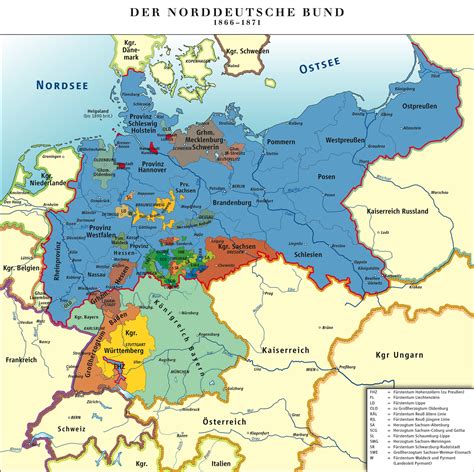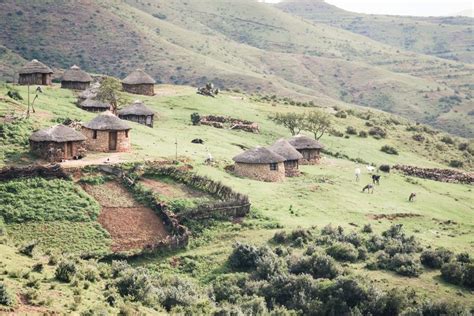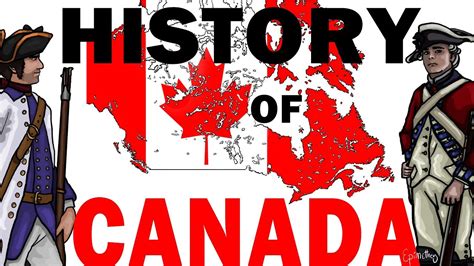Discover the rich history of the Bahamas from the Pre-Colonial era to modern times. Learn about the First European Explorers, British Colonial Period, Independence Movement, and more.
Pre-Colonial Era
Contents
The history of Bahamas dates back to the pre-colonial era, long before the arrival of European explorers. The islands were inhabited by the Lucayan people, who were skilled in fishing, farming, and pottery. They also engaged in trading with other indigenous groups in the region, such as the Taino people from Hispaniola.
One of the most important aspects of the pre-colonial era in the Bahamas was the arrival of the Taino people from South America, who brought with them new agricultural techniques and crops such as maize, sweet potatoes, and peppers. This exchange of knowledge and resources shaped the culture and economy of the islands for centuries to come.
The Lucayan people lived in small, peaceful communities, and their society was structured around chieftains and clans. They were skilled navigators and often traveled between the islands in their dugout canoes. The Bahamas was a rich and diverse ecosystem with abundant marine life, which provided the Lucayan people with a sustainable source of food and resources.
Unfortunately, the arrival of European explorers in the late 15th century brought about a period of great upheaval for the Lucayan people. The peaceful coexistence of the indigenous groups was disrupted by the arrival of the Spanish, who enslaved and mistreated the Lucayan people, leading to the eventual extinction of their culture and way of life.
First European Explorers
When Christopher Columbus first set foot in the islands of The Bahamas in 1492, he encountered the indigenous Lucayan people. This marked the beginning of European exploration and eventual colonization of the region. The arrival of Columbus also set off a wave of exploration by other Spanish explorers, including Juan Ponce de León and Juan de Esquivel, who further explored and claimed the islands for Spain.
Following the Spanish arrival, the English, French, and Dutch also began to explore and, at times, settle in the Bahamas. In 1647, English settlers attempted to establish a colony on the island of Eleuthera, but were met with resistance from the indigenous inhabitants as well as Spanish forces. These early interactions between European explorers and the indigenous peoples of the Bahamas set the stage for the later colonial period and the influence of various European powers in the region.
European exploration of the Bahamas was driven by a desire for new trade routes, wealth, and territorial expansion. The islands’ strategic location in the Caribbean made them a valuable prize for competing European powers. This intense competition led to frequent conflicts between European explorers and, eventually, the establishment of colonial settlements.
The arrival of the first European explorers in the Bahamas forever changed the fate of the indigenous peoples and set the stage for the region’s colonial history. The impact of their arrival can still be felt in the Bahamas today, shaping its culture, language, and society.
British Colonial Period
The British Colonial Period in the history of the Bahamas refers to the time when the islands were under the control of the British Empire. This era began in 1670 when the islands were officially made a British crown colony. During this time, the British brought slavery to the Bahamas, which had a significant impact on the social and economic structure of the islands. The plantations were developed for the production of sugar cane, and the enslaved people worked under harsh conditions.
The British Colonial Period also saw the rise of piracy in the Bahamas, with the islands becoming a haven for notorious pirates such as Blackbeard and Calico Jack. The British government took measures to suppress piracy, and the islands eventually became a base for the Royal Navy in the Caribbean. The British also established a system of governance, with a governor appointed to oversee the administration of the Bahamas.
Despite the economic importance of the Bahamas to the British Empire, the islands were frequently targeted by Spanish forces as Spain sought to expand its territory in the region. The Bahamas also became a refuge for loyalists fleeing from the American Revolutionary War, further shaping the demographic and political landscape of the islands.
The British Colonial Period came to an end in 1973 when the Bahamas gained independence from Britain. However, the legacy of this period continues to influence the culture, economy, and politics of the islands to this day.
Independence Movement
The Independence Movement in the Bahamas was a crucial period in the country’s history, marking its transition from a British colony to a sovereign nation. The desire for self-governance and freedom from external rule had been brewing for years, and reached its peak in the mid-20th century. The movement was driven by a growing sense of national identity and unity among Bahamians, as well as a push for greater political and economic autonomy.
During this time, key figures such as Sir Lynden Pindling and the Progressive Liberal Party (PLP) played a central role in advocating for independence. Their efforts led to the achievement of self-governance in 1964, and eventually full independence on July 10, 1973. The culmination of the Independence Movement marked a significant turning point in the Bahamas’ history, as the country took its place among the community of sovereign nations.
The road to independence was not without challenges, as the Bahamas faced opposition and resistance from some factions within the society. However, the determination and perseverance of the Independence Movement prevailed, paving the way for a new era of self-determination and national pride.
Following independence, the Bahamas has continued to develop and assert itself on the global stage, while also facing the complexities and opportunities that come with shaping its own destiny. The legacy of the Independence Movement lives on in the national consciousness, serving as a reminder of the strength and resilience of the Bahamian people in their pursuit of freedom and sovereignty.
Modern Bahamas
The Modern Bahamas is a true reflection of the history and culture that has shaped the country over the years. With a diverse population and a thriving economy, the Bahamas has made significant strides in areas such as tourism, finance, and international relations.
In recent years, the Bahamas has focused on sustainable development and conservation efforts to protect its natural resources. The government has implemented policies to promote renewable energy and reduce carbon emissions, as well as initiatives to preserve the country’s rich marine life.
Education and healthcare have also seen advancements in Modern Bahamas, with improved access to quality services and facilities for all citizens. The country has made efforts to ensure equal opportunities for all, regardless of socioeconomic background.
Furthermore, the Modern Bahamas has become a hub for international business and finance, attracting investors and entrepreneurs from around the world. With a stable political environment and a well-established legal system, the Bahamas provides a favorable climate for business growth and innovation.
Overall, the Modern Bahamas is a testament to the resilience and progress of the country, as it continues to embrace change and adapt to the evolving global landscape.













